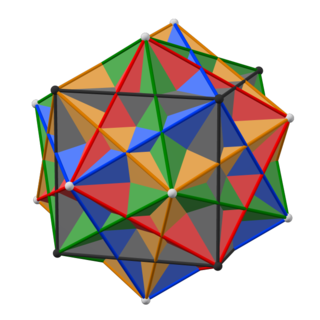Related Research Articles
86 (eighty-six) is the natural number following 85 and preceding 87.
34 (thirty-four) is the natural number following 33 and preceding 35.
1000 or one thousand is the natural number following 999 and preceding 1001. In most English-speaking countries, it can be written with or without a comma or sometimes a period separating the thousands digit: 1,000.
300 is the natural number following 299 and preceding 301.

360 is the natural number following 359 and preceding 361.
400 is the natural number following 399 and preceding 401.
500 is the natural number following 499 and preceding 501.
700 is the natural number following 699 and preceding 701.
600 is the natural number following 599 and preceding 601.
800 is the natural number following 799 and preceding 801.
900 is the natural number following 899 and preceding 901. It is the square of 30 and the sum of Euler's totient function for the first 54 positive integers. In base 10, it is a Harshad number. It is also the first number to be the square of a sphenic number.
2000 is a natural number following 1999 and preceding 2001.
115 is the natural number following 114 and preceding 116.
3000 is the natural number following 2999 and preceding 3001. It is the smallest number requiring thirteen letters in English.
4000 is the natural number following 3999 and preceding 4001. It is a decagonal number.
5000 is the natural number following 4999 and preceding 5001. Five thousand is, at the same time, the largest isogrammic numeral, and the smallest number that contains every one of the five vowels in the English language.
6000 is the natural number following 5999 and preceding 6001.
7000 is the natural number following 6999 and preceding 7001.
8000 is the natural number following 7999 and preceding 8001.
20,000 is the natural number that comes after 19,999 and before 20,001.
References
- ↑ Sloane, N. J. A. (ed.). "SequenceA005277(Nontotients: even numbers k such that phi(m)=k has no solution)". The On-Line Encyclopedia of Integer Sequences . OEIS Foundation.
- ↑ Sloane, N. J. A. (ed.). "SequenceA046992(a(n) = Sum_{k=1..n} pi(k))". The On-Line Encyclopedia of Integer Sequences . OEIS Foundation.
- ↑ Sloane, N. J. A. (ed.). "SequenceA002413(Heptagonal pyramidal numbers)". The On-Line Encyclopedia of Integer Sequences . OEIS Foundation.
- ↑ Sloane, N. J. A. (ed.). "SequenceA001043(Numbers that are the sum of 2 successive primes.)". The On-Line Encyclopedia of Integer Sequences . OEIS Foundation.